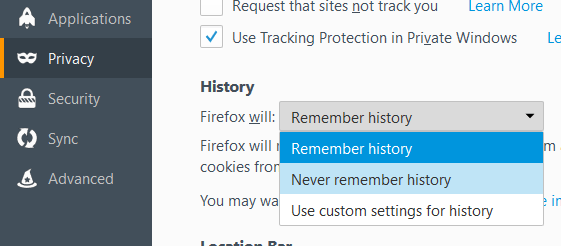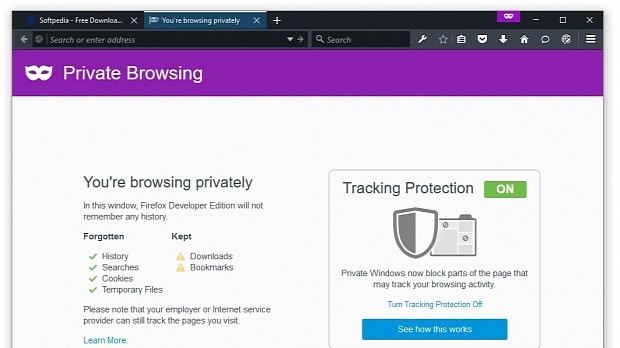

People are choosing to browse anonymously and or not anonymously for their own reasons.īrowsers like Chrome and Firefox do not disable functionality like localStorage any more. There should never be a situation where needing to detect private browsing mode on a normal day-to-day website is ever needed. Previous solutions that once worked like the CSS history hack have since been rendered unusable by all browser vendors. To anyone else coming across this question, please note as of 2014, there is no reliable or accurate way to detect if someone is browsing in an incognito/private/safe browsing mode through Javascript or CSS. The ability to detect private browsing mode has been acknowledged as a bug and was never intended. So, if you're wanting to detect private browsing it's now impossible (unless you find a way to do it that Google hasn't found). If you also wish to remove this trail and surf (more) anonymously, you’ll need to use a VPN client.Google is removing the ability to detect Private Browsing Mode permanently in Chrome 76 onwards. Your provider can also continue to identify you and your surfing behavior – for instance, by using your IP address and device. These are based on your search behavior when using normal mode. What’s more, you will still get URL suggestions when typing into the address bar in private mode.

Remember that passwords and bookmarks that you create when using Firefox incognito are saved permanently.


Some people think that Firefox “private mode” allows them to surf the internet invisibly.


 0 kommentar(er)
0 kommentar(er)
